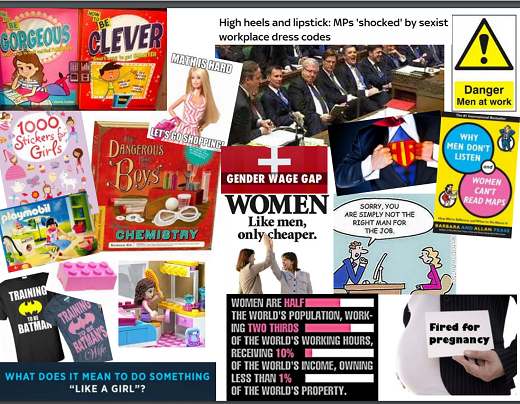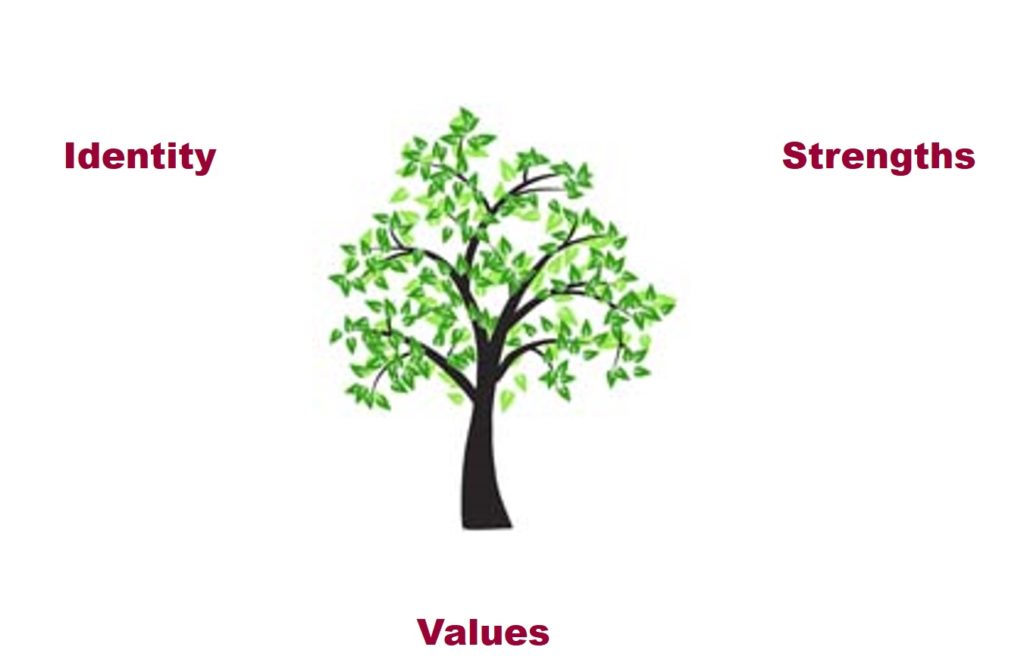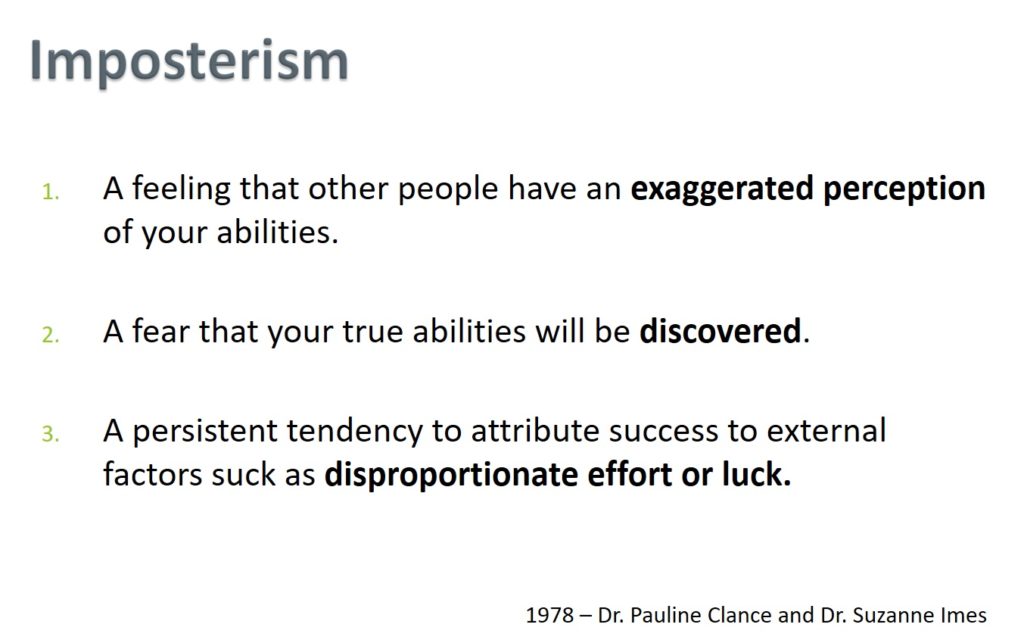Event review: Leadership Exploration and Development Programme (LEAD) - an event for women in Humanities and Social Sciences
On Saturday 30th March Faculty of Humanities and Social Sciences and the Careers Service, with great support from Department for Health, held an all - day workshop and professional development programme for 30 women from the faculty. Rosina Cross, one of the attendees and a current PhD student from Health, wrote this excellent piece about the day, reflecting on the learning, sharing of experiences and increase of the confidence gained throughout the day.
Despite the glorious weather outside and the fact it was a Saturday, the passion of our workshop facilitators and the enthusiasm from the other women in the room made it clear we were in for an engaging day that none of us wanted to miss out on.
I’m speaking about last weekend’s first Leadership Exploration and Development (LEAD) Programme for female students within the Faculty of Humanities and Social Sciences. The programme sought to provide an opportunity for students to develop their confidence by identifying our strengths and equipping us with tools to better navigate and thrive in our chosen fields. The day was organised and facilitated by members of the University Career Service; Saiyada Fazal and Aste Dahl along with Dr Alison Tincknell Smith from the Department for Health.
The format of the programme kept the day interesting and moving fluidly from individual work, small group tasks to whole group discussions. The small group tasks provided the first opportunity many of us have had to really think about our identities and appraise our own skills and strengths. This was a challenging task for me, but it was made infinitely easier by the supportive environment that had been created by facilitators. This allowed us to discuss what was important to us as individuals and as women and also to recognise how we identified ourselves along with the strengths we believe we have without fear of comparison or judgement. This initial open and honest discussion set the tone for the rest of the day and it was surprising how quickly we all felt comfortable conversing with room full of complete strangers, discussing what were essentially very personal things.
The next discussion centred on imposter syndrome, something I know a good deal about. Imposter syndrome describes the feeling that you are not as good as others believe you to be; that you are in the position you are in or have achieved what you have through only luck and at some point you will be ‘found out’. We learnt that imposter syndrome, whilst experienced by women and men, is more prevalent in women. I was aware that it has a large part to play in undermining self-confidence, a great deal of us could attest to that, but I was not aware or did not really connect the dots between imposter syndrome and further reaching consequences such limiting our salary expectations and career development. To have the facilitators so honestly touching upon their own experiences and challenges created an environment in which we all felt confident to share our own worries and insecurities.
Unsurprisingly this highlighted a key point which was that many of our fears and anxieties are universal. Imposter syndrome being just one example of this. Several of us spoke about the ways in which our imposter syndrome manifests and I was surprised to find there were others like me, who often think that at some point someone will realise I am not smart enough to be doing a PhD. Not everyone, however, described such extreme imposter syndrome. Some of us questioned positive feedback on work assignments or attributed our successes to those we had collaborated with.
Saiyada and Aste talked us through some simple but effective ways to tackle imposter syndrome which included learning to accept praise, interrogating negative thoughts and discussing them with others, gathering evidence of successes and looking to our values and strengths as individuals. As a group, we worked together to interrogate our feelings of imposterism and challenged the triggers and associated feelings with the ultimate goal of being able to successfully discard these pervasive ideas that inevitably hold us back.
After a quick lunch and a break for some sunshine, the group reconvened, refreshed and ready to discuss personal effectiveness, negotiation and influencing skills. As a small group we had the opportunity to discuss successful and not so successful examples at influencing others, to the backdrop of knowing laughter from many of us. As a larger group we then shared our experiences and offered insight as to why we had or had not succeeded. Again, this was done in a really supportive and non-judgmental way. This exercise highlighted a few factors that were discussed further including: styles of influencing (The Push - Pull methods); the power dynamics at play with male or more senior colleagues; and context and timing that can be key to influencing others. Saiyada then worked with us to go through the principles of influencing and the Psychology of Persuasion (Robert Caialdin 1984). As a PhD researcher whose interest lies in the psychology of behaviour change, this was fascinating to me. If, however, this was not your bag, Saiyada kept it brief and encouraged us to contribute to the discussion using examples from our own experiences and to give the ideas context and relevance for us in day-to-day life. Some of these principles of influencing were completely new to me and I was surprised to learn I was using others such as ‘social proof’ effectively on a regular basis.
Hot off our crash course in the Principles of Influencing, we worked through Phases of Negotiation and how this applies in all realms of our working lives, with a view to putting these techniques together for the last activity of the day, the dreaded ‘Role Play’. No one is ever quick to volunteer for a role play, but all inevitably agreed it is a worthwhile exercise. As with much of the day, the supportive and non-judgmental environment made what would usually be an uncomfortable experience an extremely useful opportunity to put into to practice what we learned. It seemed at this stage the confidence we had gained throughout the day was somewhat infectious and we conducted self-assured negotiations within our small groups before feeding back to the whole group.
The day drew to a close with the sharing of useful resources and with the goal of keeping the legacy of the day going in the form of a student led group, which would provide a space to interact and share ideas, resources, ideas and events. As a group I feel we are an incredibly rich resource of experience, knowledge and learning. Not to mention that as women we are often better advocates for others than we are of ourselves and by identifying the strengths and skills of others I was able to highlight and reflect on some of my own.
The Faculty and the Careers Service thanks Rosina for this excellent event review of LEAD.
Respond



